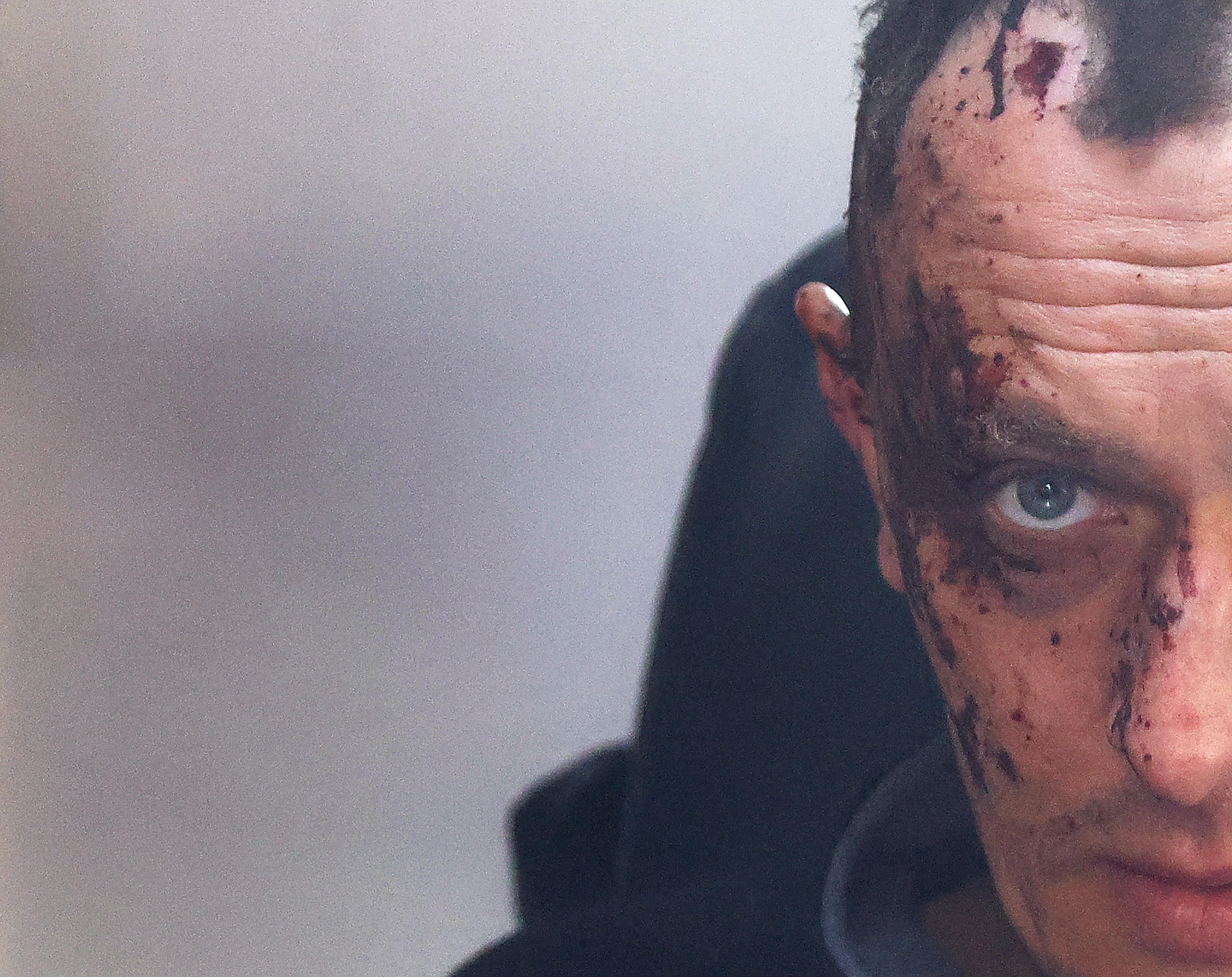The war in Ukraine inched dangerously close to spilling over into NATO territory on Sunday after a Russian airstrike hit a Ukrainian army base just 15 miles from the Polish border. At least 35 people were at the Yavoriv facility, which in the past has been used by NATO instructors to train Ukrainian soldiers.
What’s more, the airstrike, which struck west of Lviv, signals the most westward expansion of the Russian assault since the war began, a region that has thus far avoided the worst of the Kremlin’s military campaign. It’s also close to one of the main routes used by more than a million Ukrainians to flee to Poland, upping the risk of refugees getting caught in the crossfire.
Also, the airstrike occurred a day after Moscow warned NATO that it would soon start targeting weapons deliveries to Ukraine, which puts suppliers in a tricky spot: the Ukrainians need the arms to resist the Russian military machine, but NATO can’t risk open confrontation with nuclear-armed Russia. This raises the stakes for NATO members sending weapons to Ukraine given Russia’s apparent willingness to wage attacks so close to the border. Moscow’s warning fell on deaf ears in Washington, where US President Joe Biden on Saturday authorized $200 million in fresh weapons and equipment for Ukraine.
Meanwhile, American journalist Brent Renaud became the first foreign reporter killed in the war. He was reportedly shot by Russian forces while trying to film refugees alongside another US national who was injured near the city of Irpin outside Kyiv. Although US National Security Adviser Jake Sullivan said the US would impose “appropriate consequences” against Russia for Renaud’s death, it’s unclear what Washington’s response, if any, might be.
Killing a reporter is the latest sign, along with Monday's shelling of an apartment building in Kyiv, that civilians are increasingly being targeted by Russian forces.
As for fighting expanding to the west, Sullivan said Sunday that the White House was not surprised by the attack in Yavoriv because the administration has long believed that Russia’s intention was to attack all of Ukraine. But when it comes to any potential spillover, he reiterated that the US will “defend every inch of NATO territory.”
